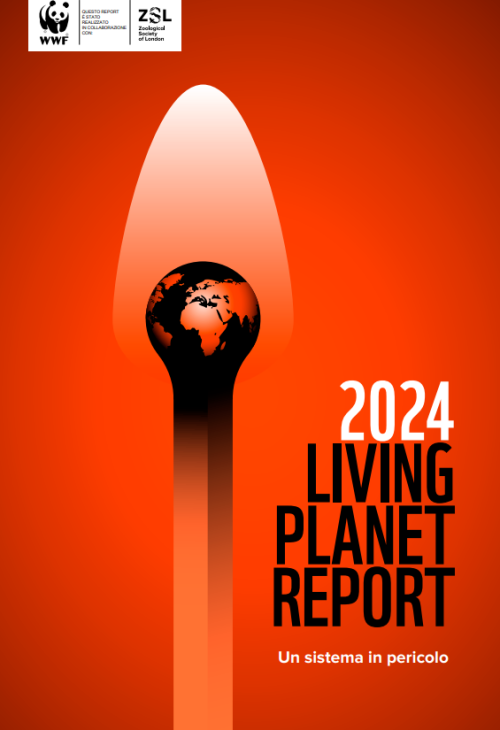UNICEF : Child-sensitive climate policies for every child.
How Nationally Determined Contributions can be more inclusive and rights-based for children and young people and ensure child-critical social services are climate and disaster resilient.
The climate crisis is a child rights crisis. Children and young people need urgent and meaningful action and innovations to adapt to this changing world and reduce climate and disaster risk, including for child-critical social services.* The views, concerns and solutions of the youngest generation must be part of policies and actions that move towards a net-zero emissions world.
UNICEF recognizes that children and young people often experience the most serious consequences from climate and environmental hazards, shocks and stresses. It also recognizes government-led climate policies can influence and direct local, regional and national finance and action. Thus, it recently conducted a child-sensitivity study of a sub-set of national climate plans: Nationally Determined Contributions (NDCs)2 submissions from countries party to the Paris Agreement.3 NDCs detail their commitments to meeting the targets of the agreement.
The child-sensitivity study was developed to support governments and other stakeholders in evidence-informed decision-making through two objectives:
1. Identify opportunities in child-critical social services for greater attention, including financial investment; and
2. Identify where climate policies can increase engagement with children and young people as stakeholders, rights holders and agents of change, including those from vulnerable populations.
The study findings highlight that governments are making progress to incorporate more child-sensitive commitments in their NDCs, including in countries where children are exposed to high levels of climate risk. However, critically, it points out that the funding for such commitments is often lacking. This research brief elaborates on this and other study findings.


